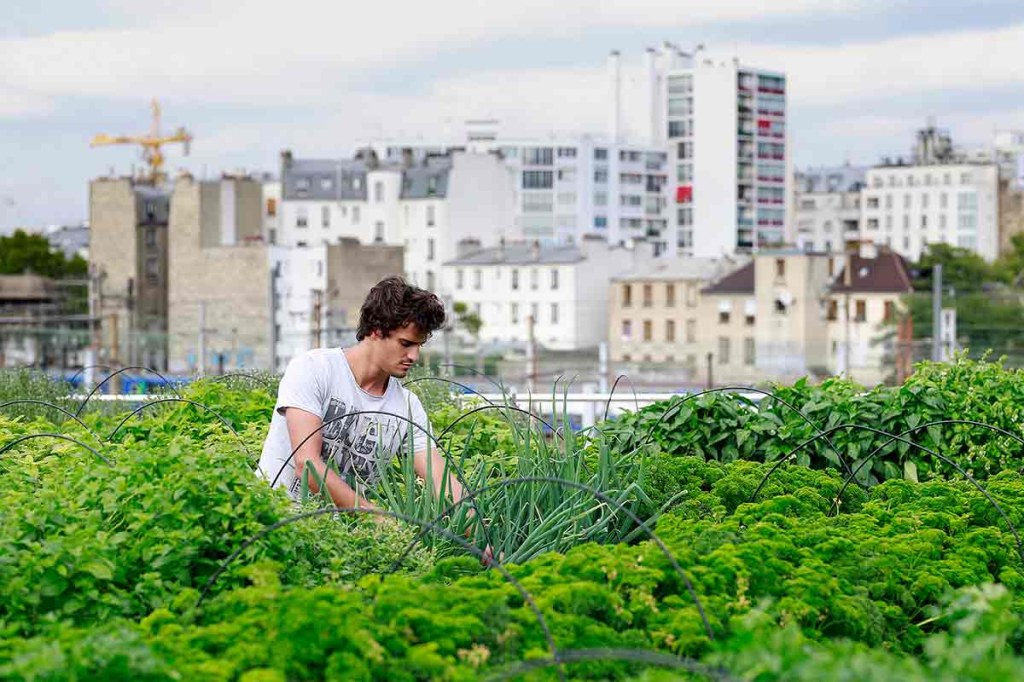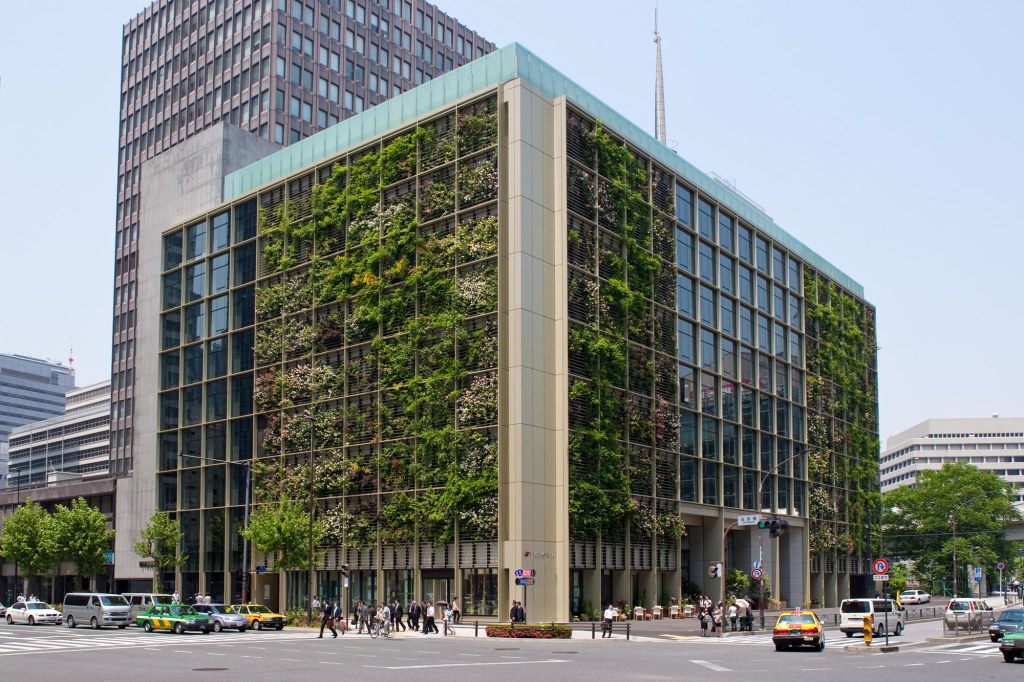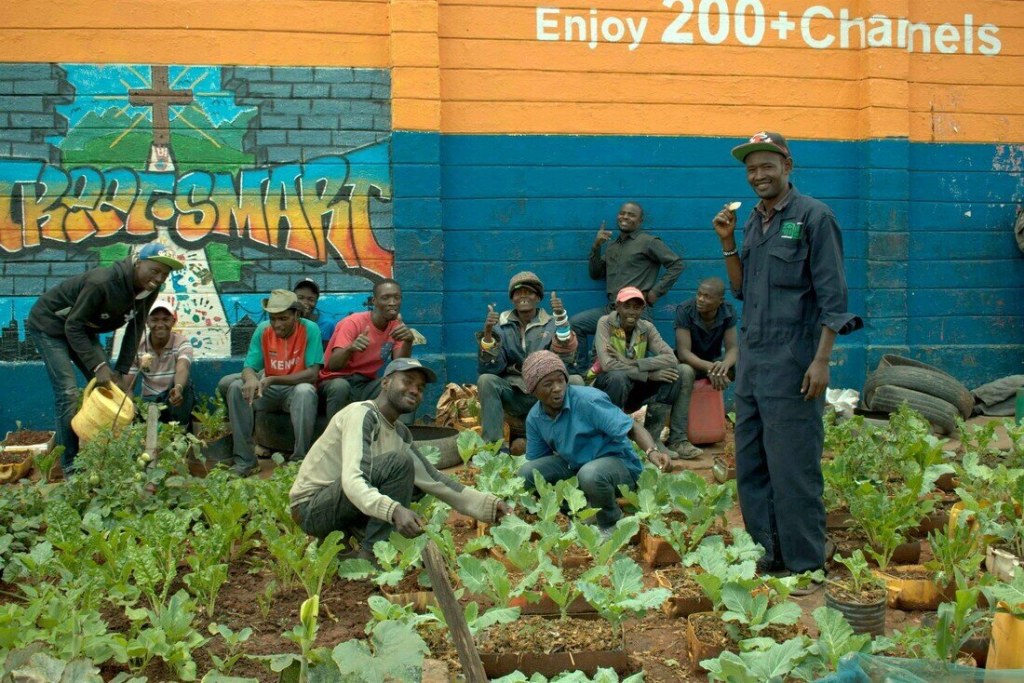Join Our Thriving Urban Farming Group And Start Cultivating Your Own Green Oasis Today!
Urban Farming Group: Revolutionizing Agriculture in Urban Areas
Greetings, Readers! Today, we will delve into the fascinating world of urban farming groups and their impact on agriculture in urban areas. In this article, we will explore the what, who, when, where, why, and how of urban farming groups, along with their advantages and disadvantages. So, let’s jump right in!
Introduction
Urban farming groups are communities of individuals, organizations, or businesses that come together to cultivate crops and rear animals in urban areas. With the increasing population and limited availability of agricultural land, these groups have emerged as a sustainable solution to meet the growing demand for fresh produce in cities.
3 Picture Gallery: Join Our Thriving Urban Farming Group And Start Cultivating Your Own Green Oasis Today!



1️⃣ What is an urban farming group? An urban farming group is a collective effort of individuals or organizations who engage in agricultural activities within urban environments.
2️⃣ Who are the members of urban farming groups? Members can include passionate individuals, local communities, non-profit organizations, and even commercial enterprises.

Image Source: theaseanpost.com
3️⃣ When did urban farming groups gain popularity? Urban farming groups have gained significant popularity in recent years as people have become more conscious of the environmental impact of traditional agriculture and the importance of locally sourced food.
4️⃣ Where do urban farming groups operate? Urban farming groups can be found in various cities around the world, making use of rooftops, balconies, community gardens, and vacant lots to grow crops and raise animals.

Image Source: konodesigns.com
5️⃣ Why are urban farming groups important? These groups promote sustainable agriculture, reduce food miles, improve food security, and foster a sense of community among urban dwellers.
6️⃣ How do urban farming groups function? They employ innovative farming techniques such as vertical farming, hydroponics, and aquaponics, utilizing limited space efficiently and minimizing the use of water and chemicals.
Advantages and Disadvantages of Urban Farming Groups
Urban farming groups offer several advantages to urban communities:

Image Source: squarespace-cdn.com
1️⃣ Advantages:
✅ Increased access to fresh and nutritious produce
✅ Reduction in carbon footprint through local sourcing
✅ Creation of green spaces in urban areas
✅ Educational opportunities for individuals to learn about sustainable farming
✅ Strengthening community bonds through shared agricultural activities
However, it is important to consider the following disadvantages:
2️⃣ Disadvantages:
❌ Limited scale of production compared to traditional farms
❌ Reliance on artificial lighting and controlled environments
❌ Higher initial costs for setup and maintenance
❌ Potential challenges in securing suitable land and complying with regulations
❌ Dependence on technology for efficient farming operations
Frequently Asked Questions (FAQ)
1️⃣ Is urban farming sustainable?
Yes, urban farming promotes sustainability by reducing the carbon footprint associated with transporting food over long distances.
2️⃣ Can urban farming groups operate in small spaces?
Absolutely! Urban farming techniques such as vertical farming and hydroponics allow for cultivation in limited spaces.
3️⃣ How can I get involved in an urban farming group?
You can start by researching local urban farming groups in your area and reaching out to them to inquire about volunteer opportunities or membership.
4️⃣ Are urban farming groups financially viable?
While profitability may vary, many urban farming groups generate income through the sale of their produce to local restaurants, farmers markets, or through community-supported agriculture (CSA) programs.
5️⃣ What are the long-term benefits of urban farming groups?
Urban farming groups contribute to food security, environmental conservation, and the development of sustainable farming practices that can be replicated on a larger scale.
Conclusion
In conclusion, urban farming groups are transforming the way we think about agriculture in urban areas. By harnessing innovative techniques, these groups are making it possible to cultivate fresh produce even in the midst of concrete jungles. Whether you’re looking to contribute to a more sustainable future or simply want to enjoy locally grown food, joining or supporting an urban farming group is a step in the right direction. Together, we can cultivate a greener and healthier urban environment for generations to come.
Thank you for reading, Friends! Now, it’s time to take action and explore the urban farming opportunities in your city or support local urban farming initiatives. Let’s embrace the power of sustainable agriculture and contribute to a better world.
Final Remarks
Disclaimer: The information provided in this article is for informational purposes only. It is not intended to be a substitute for professional advice or guidance. Seek the expertise of a qualified agricultural or horticultural professional before starting your own urban farming group.
This post topic: Gardens
